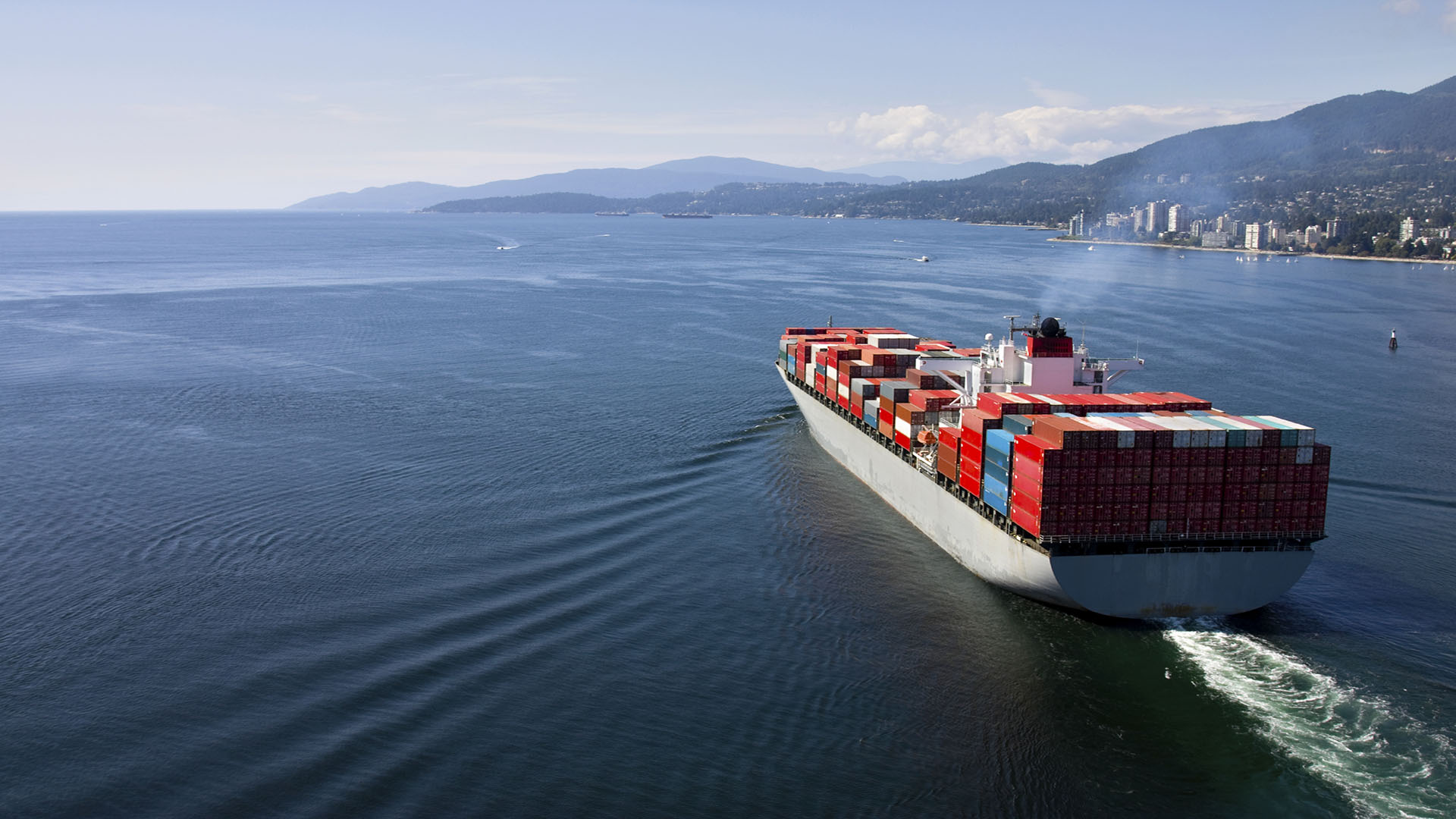
17th Package of EU Sanctions on Russia (and updates to UK Sanctions)
The EU has adopted its 17th package of restrictive measures against Russia. This package introduces the most extensive action to date against Russia’s shadow fleet and imposes new sanctions targeting maritime transport and logistics networks involved in oil trade and military supply.
The key development for the shipping sector is the expansion of sanctions on Russia’s shadow fleet. An additional 189 vessels have been designated, bringing the total number of sanctioned tankers and other vessels to 342. These ships are now subject to port access bans and are prohibited from receiving a broad range of services from EU operators. The designated vessels are involved in transporting Russian oil using deceptive or unsafe practices such as AIS manipulation, ship to ship transfers, and falsified port calls.
The EU has also imposed sanctions on a number of non-Russian shipping companies and intermediaries supporting the shadow fleet. Entities based in the United Arab Emirates, Türkiye, and Hong Kong have been designated for providing vessels, management, or logistical services to Russian oil trades. A major marine insurer active in covering Russian oil shipments has also been listed. In parallel, Surgutneftegaz, a key Russian oil producer, and a major Russian shipping company involved in crude and product transport have been designated. These listings are expected to affect fixtures, insurance arrangements, and service provision where linked to sanctioned cargoes or counterparties.
In addition to targeting the shadow fleet, the package includes far reaching trade restrictions. Export bans have been imposed on goods that support Russia’s industrial capabilities, including certain chemicals and plastics. Newly controlled items include chemical precursors used in riot control agents (such as chloropicrin), software for CNC machines, and components for unmanned aerial vehicles (UAVs).
Further restrictions apply to companies in Russia and third countries supplying critical maritime related components and technology to the Russian military. This includes producers of machine tools, navigation systems, and drone related maritime equipment. The package also continues efforts to counter circumvention, targeting transshipment hubs and jurisdictions with weak enforcement practices.
As of 9 May 2025, the United Kingdom designated 40 additional vessels linked to Russia’s shadow fleet, applying asset freezes and banning the provision of maritime services by UK persons. These measures reflect a coordinated effort to disrupt Russia’s use of deceptive shipping practices to continue oil exports in defiance of sanctions.
Separately, UK trade restrictions effective from 24 April 2025 prohibit the export, supply, or delivery of goods that enhance Russia’s industrial and military capability. This includes specified chemicals, plastics, and associated technical or financial services. The UK has also expanded its military sanctions regime to capture a broader network of entities supplying dual use items, microelectronics, and industrial machinery, including third country actors facilitating sanctions evasion. Operators with UK exposure should ensure alignment with these updates and assess counterparty risk accordingly.
Operators are advised to check updated vessel and company listings under Council Decision (CFSP) 2025/931 and Decision 2025/936. Exposure to the shadow fleet, Surgutneftegaz, or any listed third-country facilitators may trigger EU asset freeze obligations and service prohibitions. Due diligence must be updated accordingly, and any contractual or operational links to designated vessels or counterparties should be carefully reviewed.